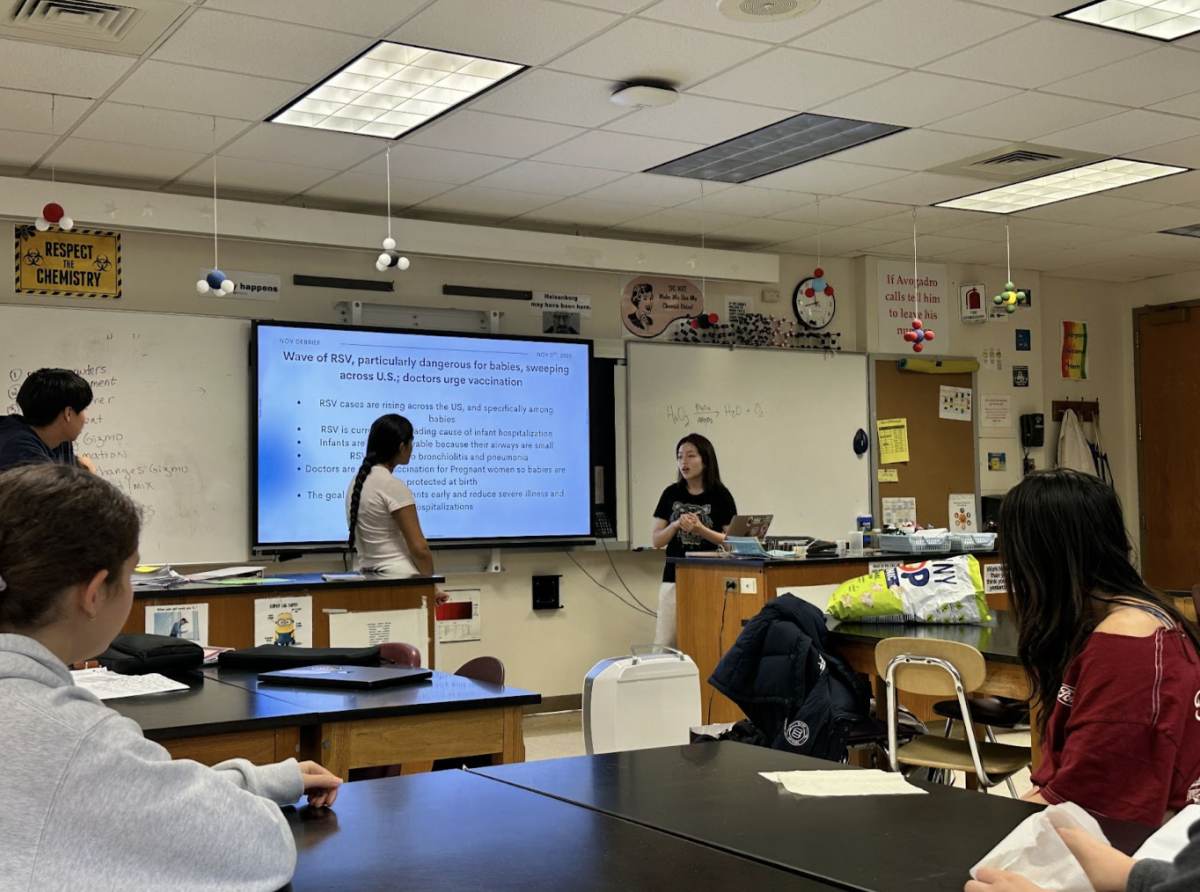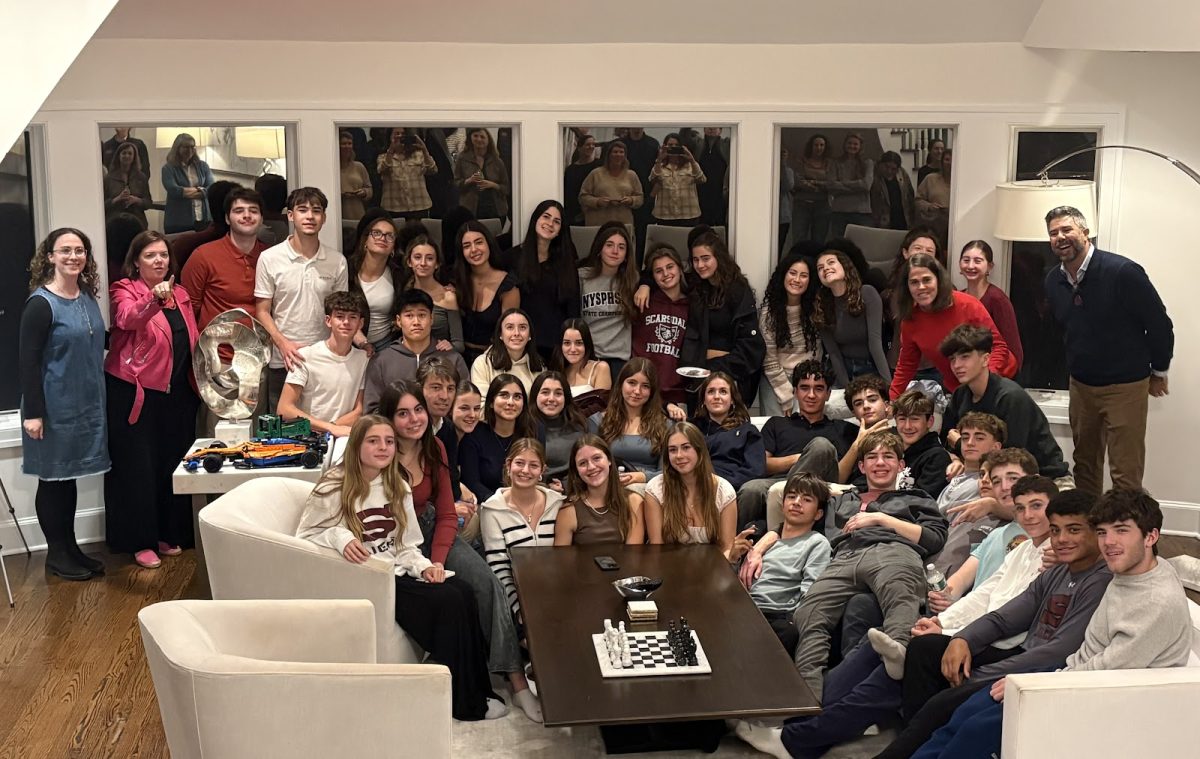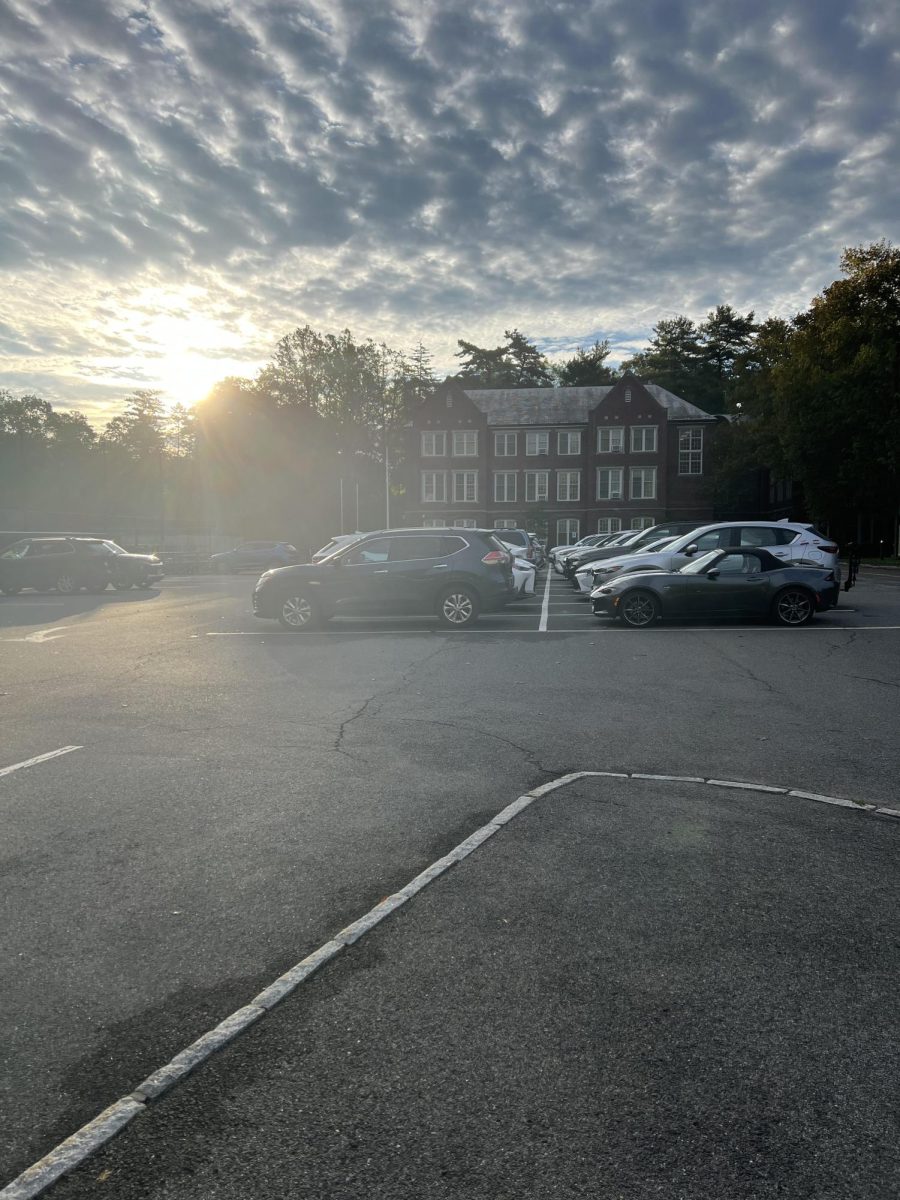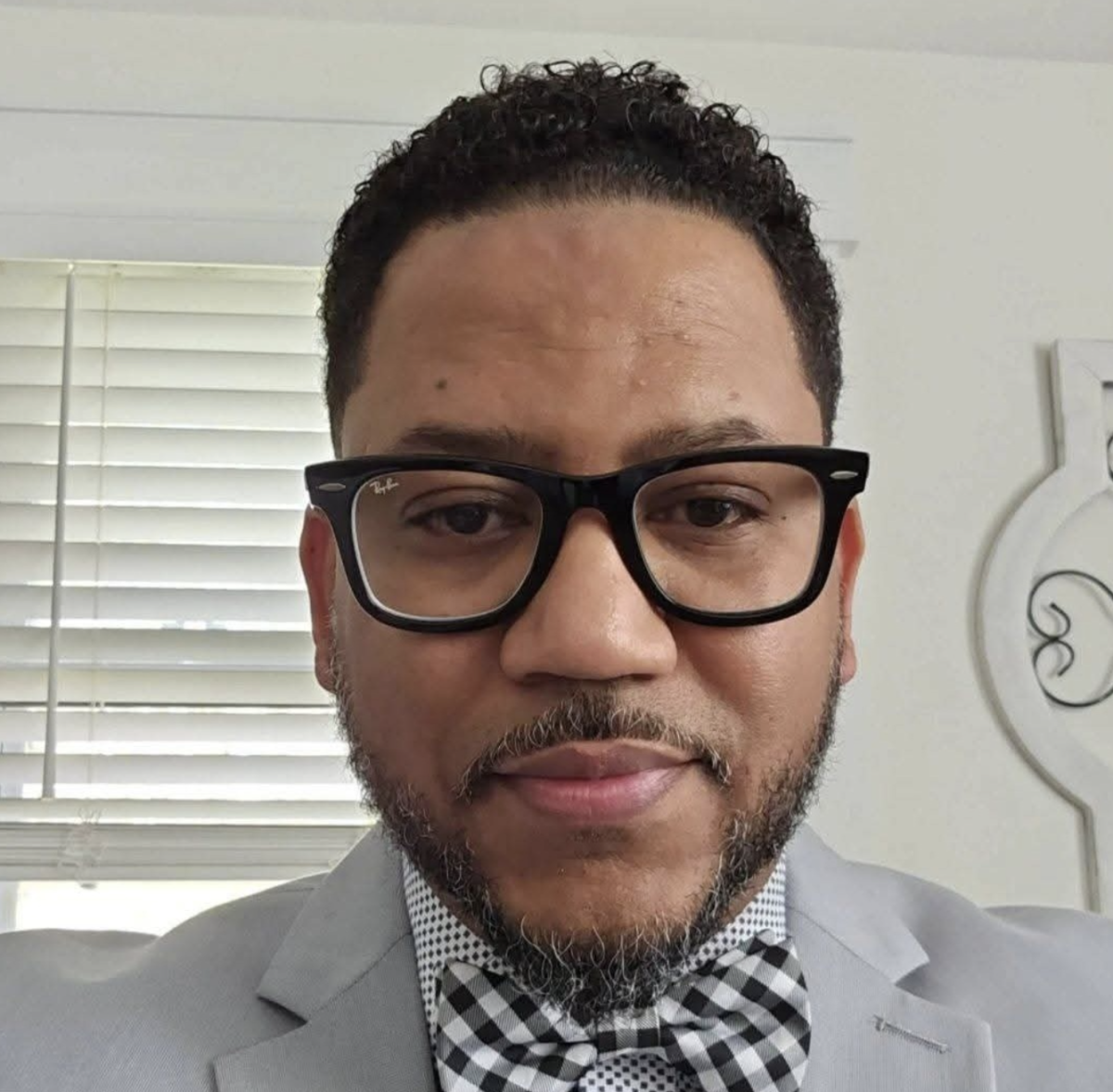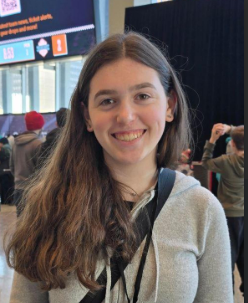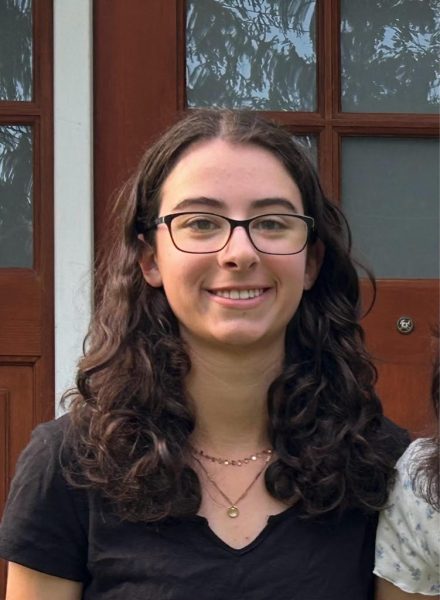This year, two new classes were added at SHS: Topics in Economics and Personal Finance (open to 11th and 12th graders) and AT Multivariable Calculus (open to 12th graders). The addition of these classes serves to bolster SHS’ already impressive course offerings, providing students the chance to explore advanced subjects and develop skills that will prepare them for both higher education and the real world.
Topics in Economics and Personal Finance
According to a study by the National Financial Educators Council, 51.4% of students aged eighteen to twenty-four said that a “money management” course would be the most beneficial high school-level course to their personal lives. If you feel the same way, you’re in luck! This year, Scarsdale introduced its own financial literacy course: Topics in Economics and Personal Finance.
Designed collaboratively by the math and social studies departments, the class aims to “expose students to personal finance concepts and topics such as budgeting, taxes, basic investing, insurance, and debt management,” according to the 2024-2025 SHS Course Catalog.
Scarsdale’s teachers worked tirelessly from January to June to write the course’s curriculum in ancticipation of the new school year. Each unit was meticulously crafted by the combined efforts of math teacher Jessica Pulford and social studies teacher Patrick Healy.
The units–banking and budgeting, debt, investing, risk, and taxes–are topics that are universal and will invedtiably be relevant to students throughout their lives. “The skills are more relevant to the students. Nobody ever asks, ‘why are we learning this?’” shared Pulford, adding that “it [is] refreshing to teach a class that is so impactful for their future.”
The class is open to both juniors and seniors who come into the course with varying levels of familiarity with the topics. Sometimes the class delves into complex topics, but students are always able to grasp the key ideas and extract value. For example, while a student might not understand the derivation of the continuous compounding formula, they will still learn how compound interest works and can be extremely useful for their futures.
“You’re exposed to information you’ll likely need in the future,” Stacey Liew ‘26, a student in the class” shared.
The class also exposes students to real-world applications through questions and projects. One project, for example, asked students to create a budget for a fictional character. The project required applying mathematical equations while engaging in ethical debates on financial policies. All the lessons aim to aid students in their future endeavors and empower them to be financially literate, capable of making smart, well-informed decisions.
Pulford “hope[s] that students [who] take the class have a very smooth transition from not earning an income to when they’re earning an income understanding how to manage their money.” A financial literacy course such as this one is a significant step toward preparing students for life beyond high school. By providing them with essential knowledge and practical skills, the course ensures that students are better equipped to handle financial challenges in the future.
Concepts explored in “Topics in Economics and Personal Finance” will be extremely applicable to the lives of many students after college, making now a good time to invest in your future and learn about financial literacy!
Multivariable Calculus Class
Historically, students on the accelerated math track who had completed AT BC Math 455 needed to take an online course which they would receive credit for after. Although the course meets 6 times a week and requires a teacher’s recommendation and completion of AT BC Math 455 to take, this year, for the first time, a sufficient number of students were interesed in taking the class enabling the math department to create a new, in-person course.
“Offering the class in-house means it is in the student’s schedule. They don’t need to travel to another campus and they can have a common enriching experience with their peers. When it is an online option, students attend different schools and lose the opportunity to engage with other students and an in-person instructor,” Mathematics Department Chair Maureen Ellison-Connolly explained.
The class is taught by Math teacher Micheal Kumaresan. “For me, taking a math course in person is much better than having this kind of online thing where you’re not so accountable. To me, to give those kids a good experience I think that’s important,” he shared.
The class differs from traditional math classes, focusing more on labs than formal exams. Student collaboration and exploration are the focus, rather than memorizing formulas and equations. These new aspects also allow students to better connect their learning with other disciplines such as AT Physics and AT Macroeconomics.
Student feedback towards the class has been positive as they enjoy learning among their peers in a regular classroom rather than through an online course. “Students prefer fewer traditional exams and more alternative assessments. They seem to like the problems in the labs so far.” Ellison-Connolly explained.
“The class is super seminar-based and we spend a lot of time giving us questions and we’ll go up on the board and fill out answers. A lot of kids work together. It’s definitely different from a lot of classes I’ve taken, but I think it allows us to interact with the material,“ Noah Weintrob ‘25, who is currently taking the course, told us.
Although the long-term success and sustainability of these classes are yet to be seen, so far, students are enjoying their new courses. Importantly, these new offerings show how SHS is continuntally adapting to the changing needs and interests of its students and innovating to stay at the forefront of education.





